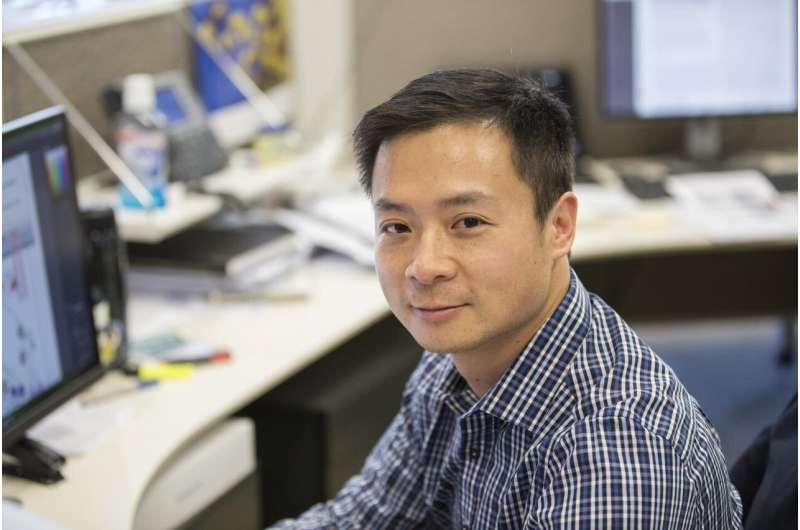Dr Pengyi Yang from the Charles Perkins Centre and School of Mathematics & Statistics at the University of Sydney. Credit: University of Sydney
With potential application diagnosing cancer or predicting how viruses, such as HIV, attack human cells, machine learning is opening promising new areas of application for bioinformatics—the data science of molecular biology. Dr. Pengyi Yang from the Charles Perkins Centre and School of Mathematics and Statistics with colleagues has summarized the latest developments in this emerging field in a review article in Nature Machine Intelligence.
Latest techniques are bringing together two previously disparate approaches to machine learning: ensemble methods and deep learning.
Just as 'many heads are better than one,' ensemble deep learning combines multiple 'computer brains' to achieve high levels of performance. Dr. Yang summarizes the latest developments in ensemble deep learning and its application in a range of biological and biomedical fields; highlights achievements unattainable by traditional methods; and maps out its potential to revolutionize molecular biological and biomedical sciences.
More information: Cao, Y., Geddes, T.A., Yang, J.Y.H. et al. Ensemble deep learning in bioinformatics. Nat Mach Intell (2020). doi.org/10.1038/s42256-020-0217-y
Journal information: Nature Machine Intelligence
Provided by University of Sydney























